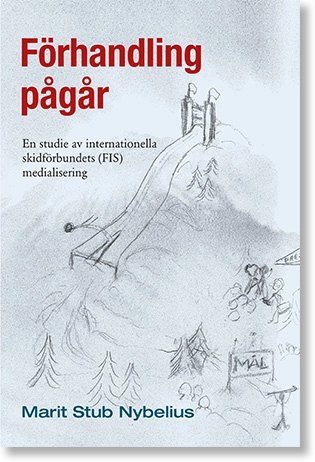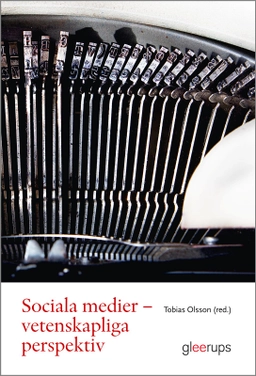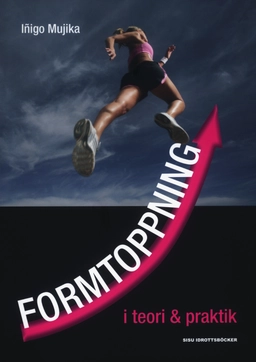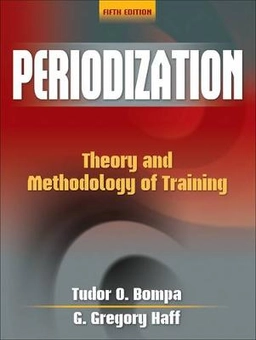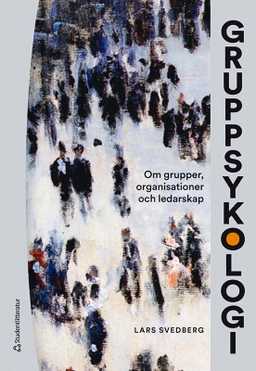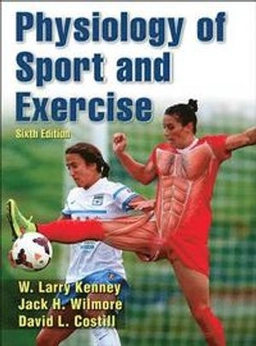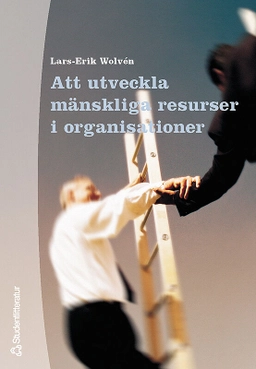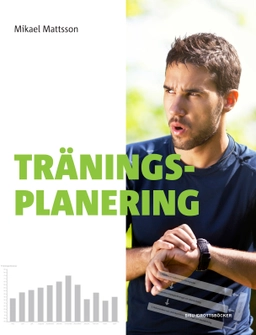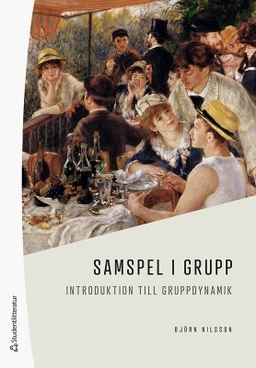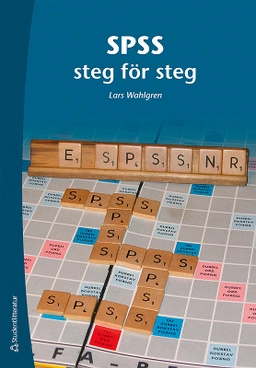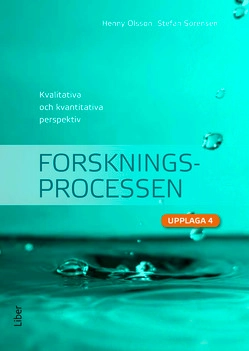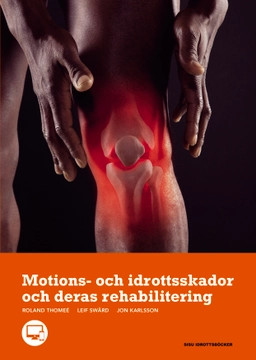Medierna påverkar i allt större grad samhället, med dess olika delar och aktörer. Denna medialiseringsprocess undersöks i Marit Stub Nybelius’ avhandling med avseende på sportens sfär. Fokus ligger på det internationella skidförbundet (Fédération Internationale de Ski, FIS) som organisation och på medialiseringens inverkan på tävlingsutförandet av sporterna backhoppning och längdåkning på internationell elitnivå. Genom triangulering av källor, insamlingsmetoder och analysmetoder undersöks, problematiseras och belyses medialiseringen av det internationella skidförbundet.
Hur kan man påvisa medialiseringen inom FIS och de två sporter som undersöks? Hur är relationen mellan sportjournalister och FIS’ personal? Hur förhåller sig FIS till media? Hur har media påverkat sporternas utformning? Detta är några av de frågeställningar som behandlas i studien.
Ett huvudresultat är att förhandling är en viktig del i FIS medialisering, framför allt mellan organisationen och media. I avhandlingen framkommer att förhandlingarna sker på olika sätt och resulterar i att backhoppningens och längdåkningens utförande påverkas. Andra huvudresultat är de modeller som har arbetats fram utifrån tolkningar av medialiseringsteorin och av medialiseringstrappan, en analysmodell för medialiseringen av idrotten.
MARIT STUB NYBELIUS är verksam som lärare och forskare vid Högskolan Dalarna. Förhandling pågår: En studie av internationella skidförbundets (FIS) medialisering är hennes doktorsavhandling.
Avhandlingens engelska abstract
The purpose of this thesis is to problematise and illustrate mediatisation of the International Ski Federation (FIS). To fulfil this purpose, I based my work on the following questions:
1. What perceptions do sport journalists and those within the FIS have of the relationship between the FIS and the media?
2. How, and in which case where, within the FIS is it apparent that the FIS has been mediatised?
3. How does the FIS view media in its internal and external communication?
4. What is felt to be the reason behind the introduction of new rules and changes to rules in ski jumping and cross-country skiing?
5. What form does mediatisation take in relation to competitions at the international elite level? I have employed several methods of analysis because my aim is to respond to the question in a number of ways. The result of this is that the studies are characterised by triangulation on a number of levels in my pursuit of high reliability.
To achieve the purpose of this thesis and to provide a picture of the research situation, I present former research on the process of mediatisation in this thesis, which also includes theories on news values and media logic.
Based on the results and on prior research, I have developed a model with functions to make visible how much a sport has been mediatised and how strongly it has been mediatised. More interesting still is that the perception is that the media also at times has power. Yet it need not be media influence that leads to a sport organisation changing its rules; it may simply be the perception of media influence. The results of the thesis confirm that the FIS is in a process of mediatisation in which there are ongoing negotiations between the FIS and the media – negotiations that are different in character and in which there are situations whereby both the FIS and the media gain something from the negotiation as well as whereby one is parasitic on the other. The FIS appears to be a sport organisation that is familiar with the media, meaning that the media is important to its work and something it must constantly relate to.
So that we in the future can continue to understand the development of sport and of what influences sport, I see the continuation of studying mediatisation in relation to sport as important.
Åtkomstkoder och digitalt tilläggsmaterial garanteras inte med begagnade böcker
